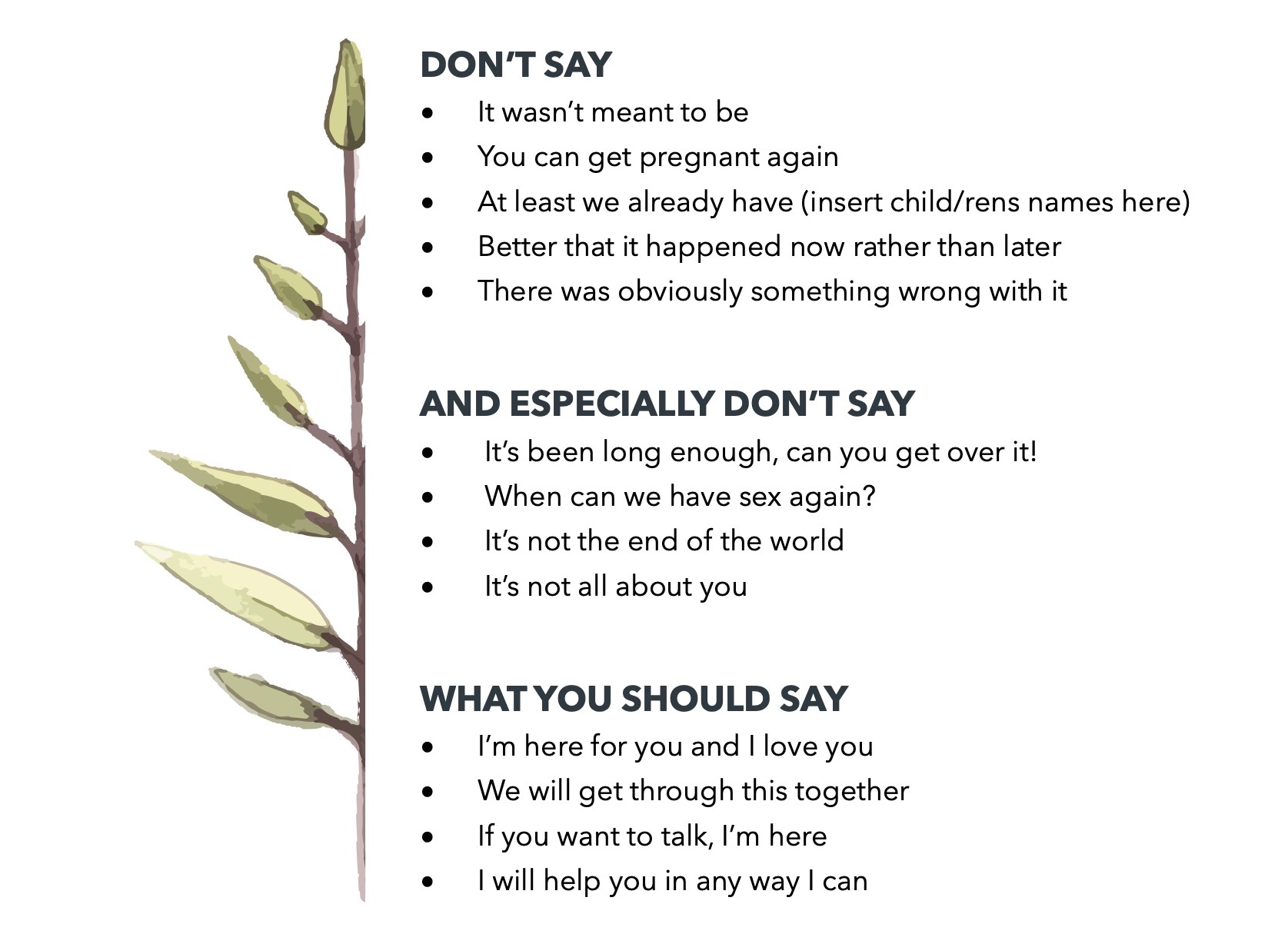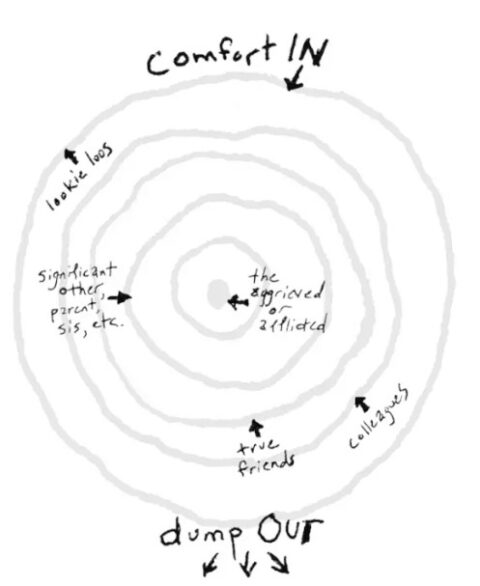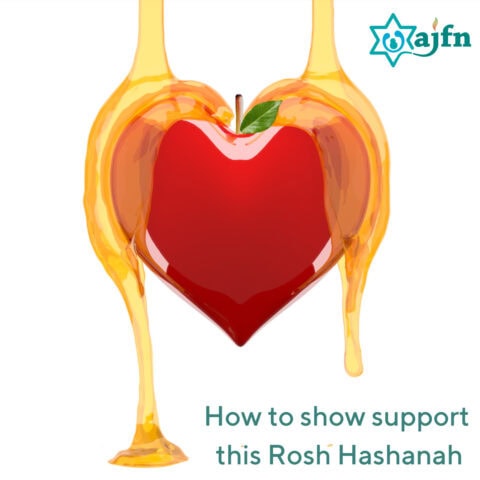
We are so sorry for your loss and the sadness that you and your partner must be experiencing at this time. There is no doubt that men and women experience and express grief differently, and particularly after a miscarriage, your wife / partner will likely be having a very emotional reaction to the news.
A miscarriage is one of the most heartbreaking experiences a woman can go through and your presence, support and understanding during this time can make all the difference. It can often be difficult as a partner to know what to do to help, so we have put together this brochure to guide you through what your wife/girlfriend is feeling physically and emotionally and how you can best support her.
WHAT TO EXPECT
While miscarriage and pregnancy loss affects everyone differently, in general you can probably expect:

There are of course many variants that influence the degree of these feelings, including how long it took you to get pregnant, whether it was an IVF or donor conceived pregnancy, how far along she was and what other stressors are currently happening in your lives.
Physically, if she miscarries naturally, she will experience very heavy bleeding and cramping and will pass clots and tissue that will likely be both painful and upsetting for her. It shouldn’t last for too long, but if her blood loss seems extreme or she seems unwell, please seek medical advice asap.

If your partner has a D&C*, the physical recovery should be much easier. She will go into the hospital, have a light general anaesthetic, and will be able to go home within a few hours. She shouldn’t have too much bleeding, but again, if she seems unwell or something doesn’t seem right, seek medical advice.
*Dilation and curettage (D&C) is a procedure to remove tissue from inside your uterus. Doctors perform dilation and curettage to clear the uterine lining after a miscarriage or abortion.
CHOOSE YOUR WORDS CAREFULLY
One of the most common issues we hear from women who have experienced miscarriage or pregnancy loss is around the insensitive comments that people can make in response to being told the news. As her partner, it is especially important that you don’t inadvertently say something potentially hurtful or upsetting to her. Here’s a guide for you.

If you can, give her a couple of days to rest and process what’s happened. Get takeaway dinner or cook a meal for her, do any washing or cleaning that needs to be done, run around after any existing children. Not having to think about any of this will be a great relief to her and is a practical way to show her how much you care.
WHAT YOU CAN DO

How you react to your partner’s loss is crucial and the most important thing you can do for her is be there – physically and emotionally. She needs you more than ever at this time. Listen to her talk about how she is feeling. Don’t try to ‘fix’ it, just let her talk.
Be there
It’s really as simple as this. Just be there. There is nothing else more important than being with your her at this time. If you are able to take a day or two off work, particularly on the day of the D&C or physical miscarriage, do so. If you have activities or pre- organised plan we suggest cancelling them. We cannot stress enough how important it is that she knows she can depend on you to be there.
Be understanding
She is hurting and needs acknowledgement of the loss. Even if it’s a very early loss, she will feel like she has lost a baby, and even if it’s hard for you to fully grasp, just let her be and validate her grief. Remember, she was carrying the baby inside her and her body was and is going through many physical and hormonal changes. She will likely now be feeling empty and desperately wishing to feel and still be pregnant.
Be patient
Your wife/partner is on a rollercoaster of tears, anger, confusion and hurt. She may snap at you, she may lash out, but it’s just her grief overwhelming her and she doesn’t mean it. Also remember, there is no time limit to grief and it may take a little while for the cloud to lift.Try not to pressure her to ‘get over it’. Give her the time she needs. Pregnancy announcements or births from others may be difficult and even seeing a pregnant woman at the shops may be upsetting. This will all pass in time, though the loss will never be forgotten.

Be guided by her
Some women may cry, some may not. Some might stay in bed for days, some might go straight back to work. Some will want to talk, others will not. We know this makes it even harder to know how to help and support her, but if you can be guided by the points above, you will do just fine.
Tell her that you love her
It may seem obvious, but she really needs to hear this from you! She may have terrible feelings of guilt that her body has failed her or she has let you down in some way. She is confused and lost and she needs to know that you love her and that you will get through this together. Also reassure her that it’s not her fault and there was nothing that she did or didn’t do that caused this to happen.
Something else to bear in mind
It can be really helpful for her to speak to someone who has been through the same thing; a friend perhaps or a support group, it’s important for her to feel understood and validated in what she is feeling. Of course encourage her to seek professional help if you feel she needs it.

WHAT ABOUT YOU?

We know that you are also hurting and you may not yet have had a chance yourself to process the loss. You are allowed to be upset and you also have the right to grieve. It does not make you any less of a man to feel emotional or sad about losing your baby.
If you know of any friends or work colleagues who may have gone through similar, seek them out and chat to them about it. You’ll be surprised how many people will have experienced it. Know that there is nothing either of you did wrong that caused this to happen and hopefully it won’t be too long before your partner will be pregnant again, with a healthy baby.
If you or your partner are still not coping after a few weeks, or if you are particularly worried about her, please speak to your GP or seek medical advice/counselling.
We know that you just want to make everything better, to help her stop crying, to cheer her up, for her to be back to normal again. Remember though, having a miscarriage is one of the most painful events a woman can experience. There are no words to describe the hurt, the anger and disappointment. Ultimately, patience, love, and understanding are key in helping her to recover and feel like herself again.
“You will never feel like more of a bystander than when you don’t see a heartbeat on the ultrasound monitor. That was the worst part for me, the utter helplessness, knowing that there was no way to stop my wife’s suffering, or my own.”
There really isn’t an overwhelming amount of support out there for women experiencing first trimester miscarriage or pregnancy loss which is why we founded
The Pink Elephants Support Network.
We have lots of resources on our website and have both Facebook and Instagram accounts for women which may help your wife / partner.
Find more resources online at pinkelephants.org.au
Source: https://pesnpinkelephants.blob.core.windows.net/assets/pages/PESN0006-partner-brochure-WEBSITE.pdf





